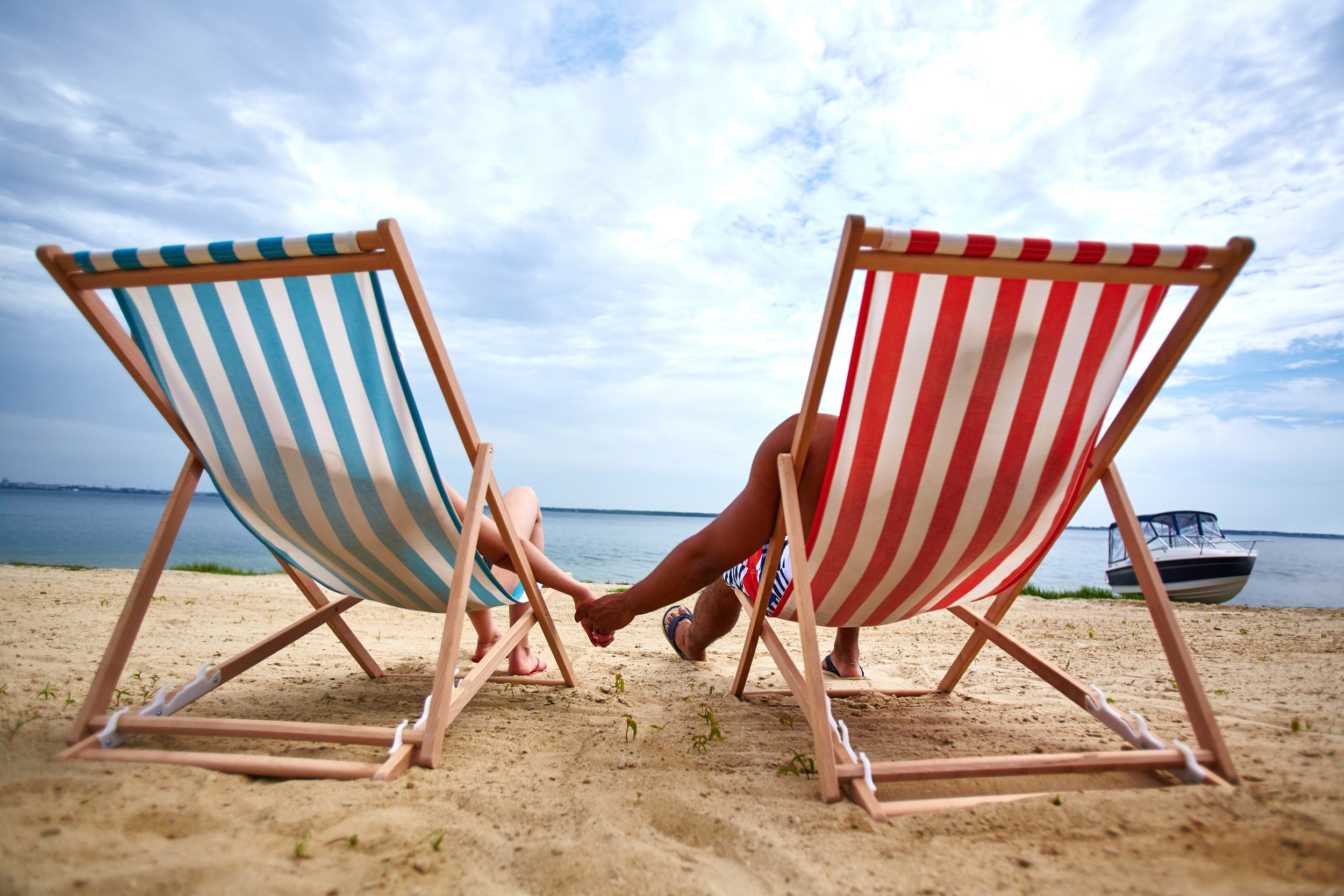

Should You Workout On Vacation?
You don’t need to workout while on vacation. The amount of time people often take for vacations (one to two weeks) is generally not long enough to lose your progress. Even if you do, it’s much easier to get back to your pre-vacation numbers than to get there in the first place. Vacations are supposed to be fun, relaxing, and restorative. You’re not supposed to be going through your normal routine and habits. Taking a break means that you’ll (hopefully) come back to your normal life with enough energy and motivation to make it through until your next break. Traveling, or even vacation days at home, are usually more physical than an average desk job. You’re still moving. However, if it doesn’t feel like enough, a simple workout once a week while on vacation is enough to keep your gains up.

A Humble Proposal: Factoring Percentage of Reps Into Reps In Reserve Calculations
RPE (ratings of perceived exertion) and RIR (reps in reserve) can be useful training tools for some sports where the goal is to train to failure or near failure, but there is no catch-all number that works for all exercises. Generally, RPE is used for managing heavy efforts of weight or reps, and not for exercises where training to failure or near failure would inhibit the continuation of training like working on endurance for running a marathon. Instead of static numbers, RPE/RIR can function as a percentage of total effort to be applied to a wider range of workouts.

Tapering And Peaking: Overlooked Tools For Maximizing Strength
Tapering and peaking can easily add 2-5% to your max lifts without much of any effort at all - in fact, it’s so deceptively easy that many people mess it up by training too hard. Here’s how you can taper and peak properly to maximize your strength for competition or max testing.
